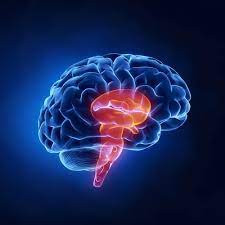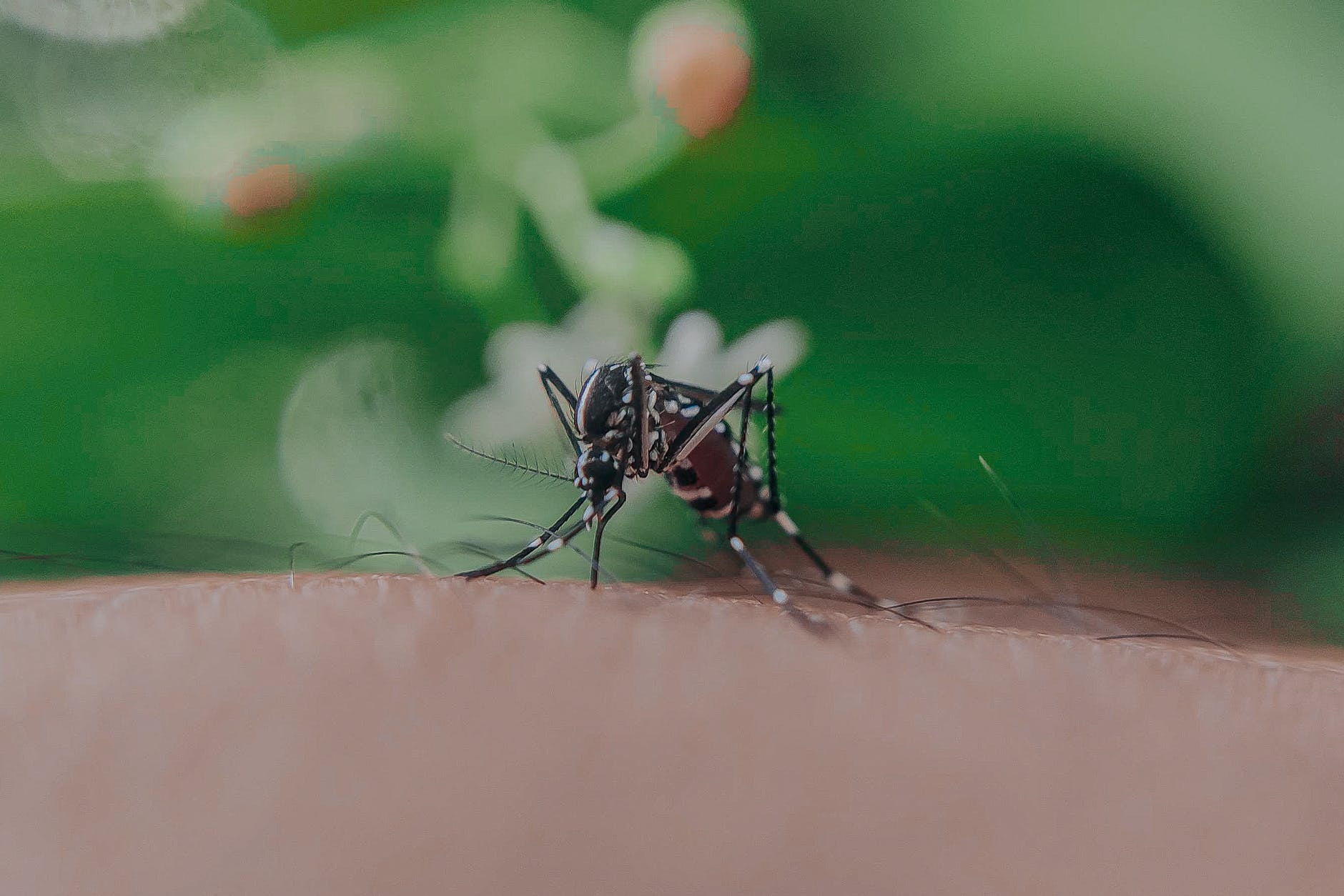Definition
Encephalitis is the inflammation of the brain. Several causes can lead to encephalitis, but the most common one is viral infection. Encephalitis often results in symptoms such as mild flu, fever, headache, or even no symptoms at all. However, at times, the flu-like symptoms of encephalitis can be more severe.
Encephalitis can also cause confusion, seizures, movement disorders, or sensory issues like vision and hearing disturbances. In some cases, encephalitis can be life-threatening. Immediate diagnosis and treatment are necessary as it is challenging to predict the disease progression in each patient, whether they will recover or worsen.
Causes
The exact cause of encephalitis is often unknown. However, when the cause is identified, the most common one is a viral infection. Bacterial infections and non-infectious inflammation can also cause encephalitis. There are two main types of encephalitis:
- Primary encephalitis: This occurs when a virus or other germs directly infect the brain. The infection can affect one area of the brain or be widespread. Primary infections can also result from the reactivation of a virus from a previous illness the patient had.
- Secondary encephalitis: This is a result of the immune system's incorrect response to an infection elsewhere in the body. Besides attacking the infected cells, the immune system mistakenly attacks healthy brain cells. This type of encephalitis is also known as post-infectious encephalitis, often occurring two to three weeks after the initial infection.
Viruses that can cause encephalitis include:
- Herpes Simplex Virus (HSV): Both HSV type I, which causes mouth infections, and HSV type 2, which causes genital herpes, can lead to encephalitis. Encephalitis caused by HSV type I is rare but more often results in severe brain damage or death.
- Epstein-Barr Virus
- Varicella Zoster Virus: This virus causes chickenpox and shingles.
- Enteroviruses: This group includes polio and coxsackie viruses, causing flu-like symptoms, eye inflammation, and abdominal pain.
- Mosquito-borne viruses: These can cause infections like West Nile, La Crosse, St. Louis, western equine encephalitis, and eastern equine encephalitis. Symptoms can appear days to weeks after mosquito exposure.
- Tick-borne viruses: the Powassan virus, transmitted by ticks, causes encephalitis in the midwestern United States. Symptoms usually appear about a week after a tick bite.
- Rabies virus: Usually transmitted through the bite of an infected animal, rabies can rapidly develop into encephalitis. It is a rare cause of encephalitis in the United States.
- Childhood infections: Common childhood infections like measles (rubeola), mumps, and German measles (rubella) used to be frequent causes of secondary encephalitis. However, they are now rare due to the availability of vaccines for these infections.
Risk Factor
Anyone can develop encephalitis. Factors that increase the risk include:
- Age: Certain types of encephalitis are more common or severe in specific age groups. Generally, children and older adults are at higher risk for certain types of viral encephalitis
- Immunocompromise: People with HIV/AIDS, those taking immunosuppressant drugs, or those with other conditions that weaken the immune system are at greater risk of encephalitis
- Geographic regions: mosquito- or tick-borne viruses are more common in specific geographic areas
- Season: Diseases transmitted by mosquitoes and ticks are more common during the summer in the United States
Symptoms
Most people with encephalitis exhibit mild flu-like symptoms, such as:
- Headache
- Fever
- Muscle or joint pain
- Fatigue or weakness
Sometimes, more severe signs and symptoms can occur, including:
- Confusion
- Agitation
- Hallucinations
- Seizures
- Loss of sensation or paralysis in certain areas of the face or body
- Muscle weakness
- Speech or hearing problems
- Loss of consciousness (including coma)
In infants and young children, symptoms can include:
- Bulging in the soft spots of an infant's skull (fontanelles)
- Nausea and vomiting
- Body stiffness
- Poor feeding
- Irritability
Diagnosis
Doctors will start by taking a thorough medical history and conducting a physical exam. They may also recommend several tests:
- Brain imaging: MRI or CT scans can show brain swelling, tumors, or other conditions that might cause symptoms.
- Lumbar puncture (spinal tap): This test examines cerebrospinal fluid (the protective fluid around the brain and spinal cord). The fluid is drawn using a special needle from the spinal column. Changes in this fluid indicate brain infection and inflammation. The fluid can also be tested to identify viruses or germs causing the condition.
- Other laboratory tests: Samples of blood, urine, or mucus from the back of the throat can be tested to look for viruses or germs.
- Electroencephalography (EEG): This test measures electrical activity in the brain using electrodes attached to the head. Specific abnormal patterns can indicate encephalitis.
- Brain biopsy: A small sample of brain tissue is taken for examination. This test is rarely done and is only used if symptoms worsen and treatments do not show significant improvement.
Management
Treatment for mild encephalitis includes:
- Complete bed rest
- Drinking plenty of fluids
- Anti-inflammatory medications like acetaminophen or ibuprofen to relieve headaches and fever
- Antiviral medications for encephalitis caused by specific viruses, prescribed by a doctor.
- Supportive care
People hospitalized with severe encephalitis may need supportive care such as:
- Respiratory assistance and close monitoring of breathing and heart function
- Intravenous fluids to ensure proper hydration and maintain essential mineral levels
- Strong anti-inflammatory drugs to reduce brain swelling and pressure
- Anti-seizure medications to stop or prevent seizures
- Ongoing therapy
If complications from encephalitis arise, additional therapies may be needed, including:
- Physical therapy: To improve strength, flexibility, balance, motor coordination, and mobility
- Occupational therapy: To help perform daily activities with or without assistive devices
- Speech therapy: To learn how to control and coordinate the muscles around the mouth for speaking
- Psychotherapy: To learn problem-solving strategies and behavioral skills to improve mood disorders or cope with personality changes
Complications
The complications of encephalitis vary depending on factors such as:
- Age
- Cause of the infection
- Severity of the disease
- Duration from the onset of illness to treatment
People with relatively mild disease typically recover within a few weeks without long-term complications.
In severe cases, brain inflammation can cause coma or death. Other complications, which can vary in severity and may be long-term or permanent, include:
- Persistent fatigue
- Muscle weakness or lack of coordination
- Personality changes
- Memory problems
- Paralysis
- Hearing or vision defects
- Speech impairments
Prevention
The best way to prevent viral encephalitis is to avoid exposure to viruses by:
- Maintaining good hygiene: Wash hands frequently with soap and water, especially after using the toilet or before and after eating.
- Avoid sharing utensils: Do not share eating utensils with others.
- Vaccination: Ensure you and your children are up-to-date with mandatory vaccinations. Before traveling, consult your doctor about recommended vaccinations for your destination.
Minimizing mosquito and tick exposure:
- Wear long sleeves and pants to protect against mosquito or tick bites. Cover up when outside, especially at dawn and dusk when mosquitoes are most active. Also, cover up in areas with many trees or tall grass where ticks are common.
- Use insect repellent.
- Apply insecticide to clothing, tents, and outdoor gear, but not directly on the skin.
- Avoid unnecessary outdoor activities in mosquito-heavy areas. If possible, stay indoors when mosquitoes are most active (dawn and dusk), and keep doors and windows closed to prevent mosquitoes from entering the house.
- Eliminate standing water and cover water storage containers to prevent mosquito breeding.
- Monitor virus spread in the environment. Report sick or dead birds or animals to local health departments.
Protection for children
Repellents are not recommended for babies under two months old. Instead, cover baby carriers or strollers with mosquito netting. For older babies and children, repellents containing 10% to 30% DEET are considered safe. Tips for using repellents on children include:
- Helping children apply repellent.
- Spraying it on clothing and exposed skin.
- Applying repellent outdoors to reduce inhalation risk.
- Spraying repellent on your hands first, then applying it to the child's face, avoiding the eye and ear areas.
- Not applying repellent to the hands of small children who may put their hands in their mouths.
- Wash off repellent with soap and water once indoors.
When to See a Doctor?
Seek immediate medical attention if you experience any severe symptoms related to encephalitis. Severe headaches, fever, and reduced consciousness require urgent care. Babies and young children showing signs or symptoms of encephalitis should also receive prompt medical attention.
Looking for more information about other diseases? Click here!
- dr Ayu Munawaroh, MKK
Encephalitis. (2020). Retrieved 30 November 2021, from https://www.mayoclinic.org/diseases-conditions/encephalitis/symptoms-causes/syc-20356136
Howes DS. (2018). Encephalitis. Retrieved 5 Desember 2021, from https://emedicine.medscape.com/article/791896-overview#a1
Understanding encephalitis: the basic. (2021). Retrieved 5 Desember 2021, from https://www.webmd.com/a-to-z-guides/understanding-encephalitis-basics
Encephalitis. (2019). Retrieved 5 Desember 2021, from https://www.nhs.uk/conditions/encephalitis/
Meningitis dan encephalitis fact sheet. (2021). Retrieved 5 Desember 2021, from https://www.ninds.nih.gov/Disorders/Patient-Caregiver-Education/Fact-Sheets/Meningitis-and-Encephalitis-Fact-Sheet












